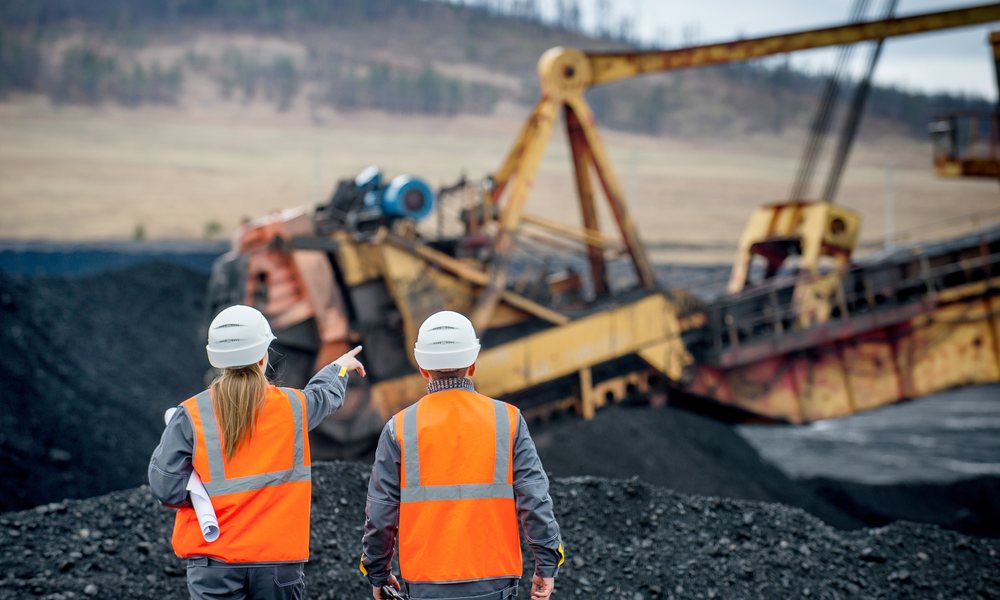Apple Terminated Five Suppliers After Human Rights Audits, Conflict Minerals Report Reveals
 Credit: Mark Agnor / Shutterstock
Credit: Mark Agnor / Shutterstock
Toggle Dark Mode
Apple has long been committed to Supplier Responsiblity; ensuring that all of the companies in its supply chain, from the mines that produce the raw minerals to the factories that assemble its iPhones, are held to the highest standards for human rights, environmental stewardship, and ethical and responsible business practices. To emphasize the company’s efforts in this area, it releases a Supplier Responsiblity Progress Report annually, outlining its commitments to “people and the planet” and highlighting the steps its taken year over year to improve in these areas.
While the main progress reports are designed as an overview for the public, Apple also regularly files other more detailed reports for investors with the Securities and Exchange Commission (SEC). Among these is its Conflict Minerals Report, a specialized disclosure that relates to its suppliers for raw materials coming from areas of the world in which there are ongoing conflicts.
Concerns around such “conflict minerals” include the possibility that the purchase of them may fund warfare and other belligerent behaviour within those areas of the world, along with the presence of a much higher risk of human rights abuses such as the use of child labor in the mines and other facilities where these minerals are extracted and processed.
The Conflict Minerals Report naturally reiterates Apple’s commitment to responsible sourcing, but it also provides a solid example of the company “putting its money where its mouth is” with a zero-tolerance policy for suppliers that don’t abide by its strict policies on human rights. Apple explains in the report how it requires routine audits of all of its smelter and refiners in identified conflict or high-risk areas by “an independent third-party conflict minerals audit program.”
Specifically, the report notes that it audits production of columbite-tantalite (coltan), cassiterite, gold, wolframite, and their derivatives, which include tantalum, tin, and tungsten. In the process of conducting these audits, Apple identified five smelters and refiners who were either unwilling to participate in the audit, or “did not otherwise meet Apple’s requirements on the responsible sourcing of minerals.” Of the other 253 smelters and refiners of the listed materials, Apple reported that it found no reasonable evidence that any of them source any of the listed materials “that directly or indirectly finance or benefit armed groups.”
Apple is committed to going beyond the minimum requirements in order to meet and exceed internationally accepted due diligence standards and protect people in its supply chain, with the ultimate goal of improving conditions on the ground in the Democratic Republic of the Congo and adjoining countries.
Apple’s 2018 Conflict Minerals Report
In the report, Apple outlines all of its efforts to ensure responsible sourcing standards for materials, and that all of its supply chain members are conforming to a strict Supplier Code of Conduct. The company also notes that it has designed its programs to conform to the five-step framework established by the Organisation for Economic Co-operation and Development (OECD) for exercising due diligence in sourcing minerals from conflict-affected and high-risk areas.
The five-step framework includes strong company management systems, identifying and assessing risks in the supply chain, having a strategy to respond to identified risks, conducting third-party independent audits, and reporting on all of its findings and requirements. In each of these areas, Apple outlines not only how it complies with the necessary requirements and due diligence, but also offers examples of ways in which it goes beyond the minimum standards, such as working directly with other industry and government stakeholders, empowering individuals in the mining communities to speak up about human rights abuses and funding human rights activists in these areas, investigating public allegations, and maintaining a “whistleblower” channel for anybody to send in anonymous complaints of abuses and non-compliance issues.
While Apple doesn’t specifically identify the suppliers that were terminated or the reasons why, the company does outline high-risk incidents identified and closed from its preceding 2017 report, noting seven incidents that were specifically identified as potential links between Apple’s supply chain and armed groups such as the police and the army in in the Democratic Republic of the Congo. Apple also highlighted eight more potential incidents in 2018, three of which were resolved while five still remain under investigation. In most cases, the incidents have involved corruption, bribery, and other criminal activity, rather than direct offences by suppliers themselves, and resolutions have included retraining of soldiers and police on appropriate security and human rights practices, and local exporters agreeing to cease any payments to armed conflict groups.
With hundreds of millions of iPhones and other devices produced by Apple each year, the company has one of the largest supply chains in the world, requiring resources from a huge range of sources worldwide, and employing millions of people across all of the facilities from mining to manufacturing to assembly. The need for certain materials that can only be extracted from specific countries creates unique challenges in this case, and while there will always be suppliers that try to skirt Apple’s codes of conduct, Apple remains firmly committed to focusing its resources on ensuring responsibility and ethical practices from all parts of its supply chain.






